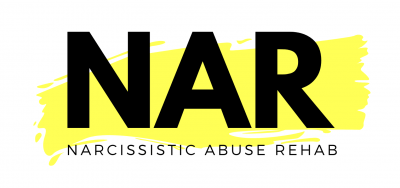Clinical psychologist Madelaine Claire Weiss of Harvard Medical School unpacks the common grooming strategies of narcissists.
Interview
Clinical psychologist Dr. Steve Sultanoff share six signs of love bombing behavior commonly seen in highly narcissistic people and NPDs.
Dr. Rick Patternson reveal some of the qualities predatory narcissists look for in a partner to greenlight their exploitative behavior.
Recognize narcissistic cheating patterns by learning these four signs of infidelity with dating expert Nikolina Jeric, co-founder of 2Date4Love.com.
Knowing how to answer your child’s questions about a narcissistic parent is essential to their healthy development and wellbeing. The reason for this is that narcissistic abuse commonly falls under the umbrella of domestic abuse in families. Raising children in an environment where domestic abuse is normalized can seriously impact their physical and emotional functioning. Research shows that exposure to domestic…
CO-PARENTING WITH A NARCISSIST is often said to be impossible. A popular quote by A. Price asserts that “A narcissist will never co-parent with you. They will counter parent. They don’t care about the emotional damage that the constant drama inflicts upon the children as long as it causes emotional damage to you.” A distinguishing feature of narcissistic family dynamics is…






